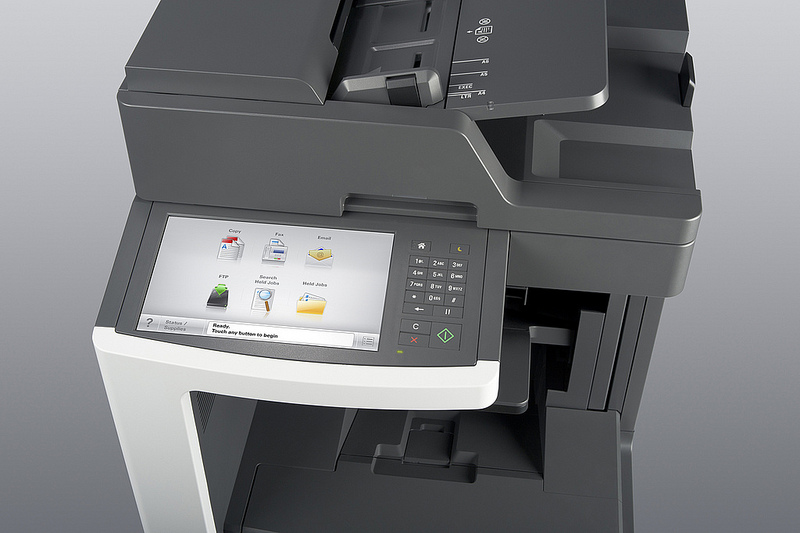When we think of landmark Supreme Court rulings, we tend to think of decisions affecting schools, civil rights or maybe politics. Rulings about office equipment seldom qualify.
But a mundane business product is at the center of the case of Impression Products Incorporated versus Lexmark International Incorporated. Impression is a small business that buys printer cartridges, refills them and sells them at a reduced price. Lexmark sued Impression, claiming that the practice violated its patent on the cartridges.
In a seven-to-one decision on Tuesday, the court sided with Impression. Experts believe the ruling will have broad implications for the very definition of ownership itself.
Brian Fung, who covers technology for the Washington Post, says the Impression ruling potentially impacts “the right to tinker.”
“Printer toner may not be all that exciting,” Fung says. “But, in fact, to a lot of patent and legal experts, this is a major case, because it potentially determines how consumers like you and me can actually use the things we buy on a day-to-day basis.”
What you’ll hear in this segment:
– What the “right to tinker” means
– How the court ruling might change the ways companies use terms of service agreements to prevent others from modifying their products
– Which other industries could be affected by the ruling
Written by Shelly Brisbin.

















